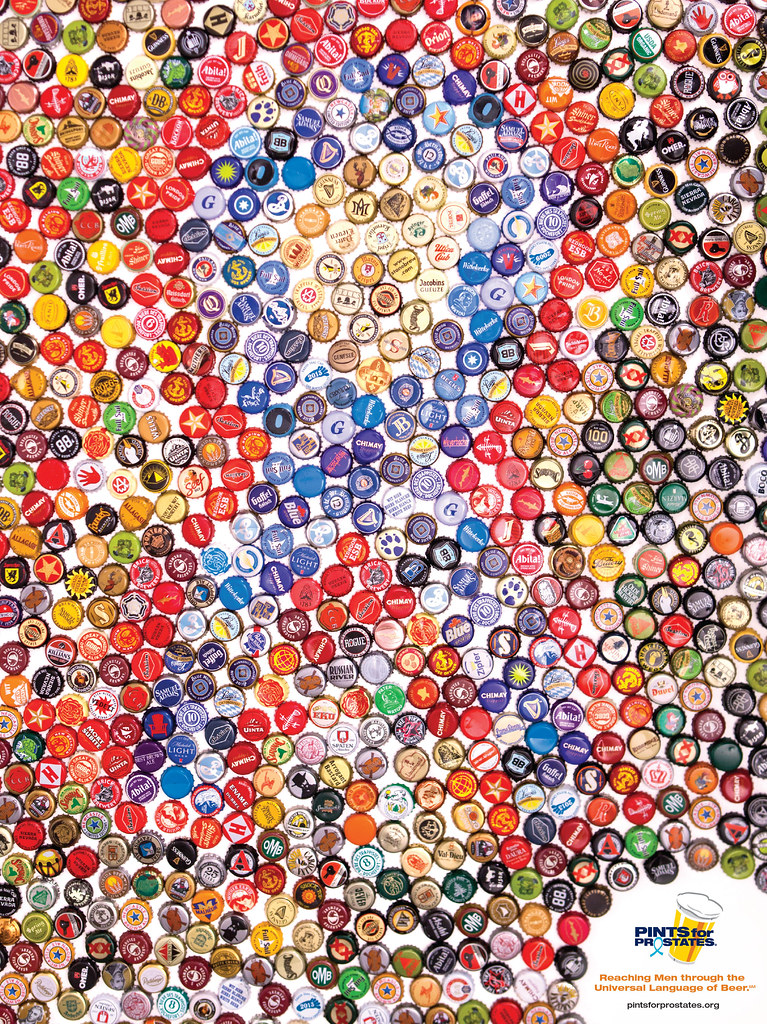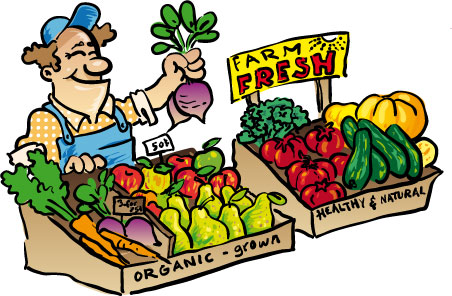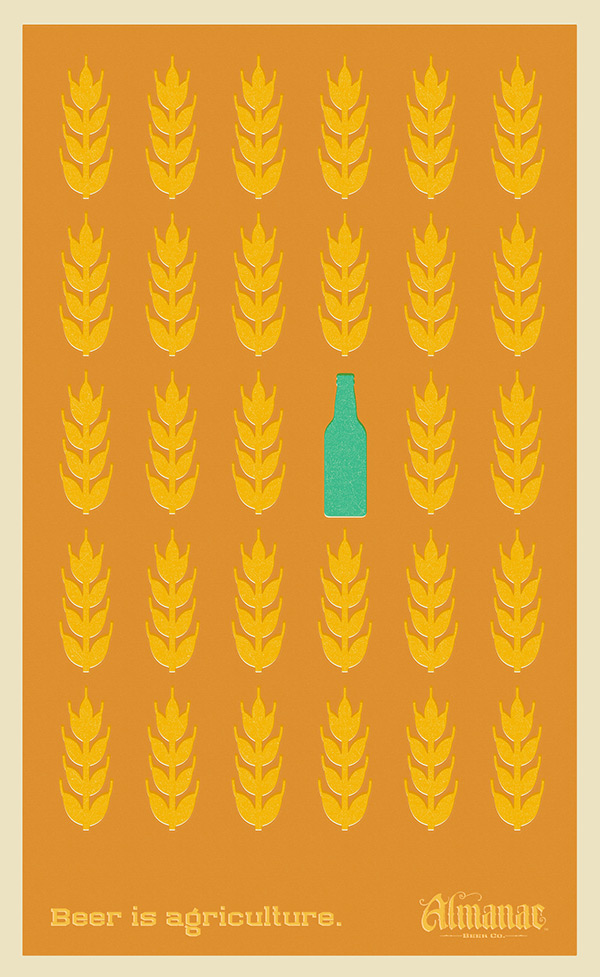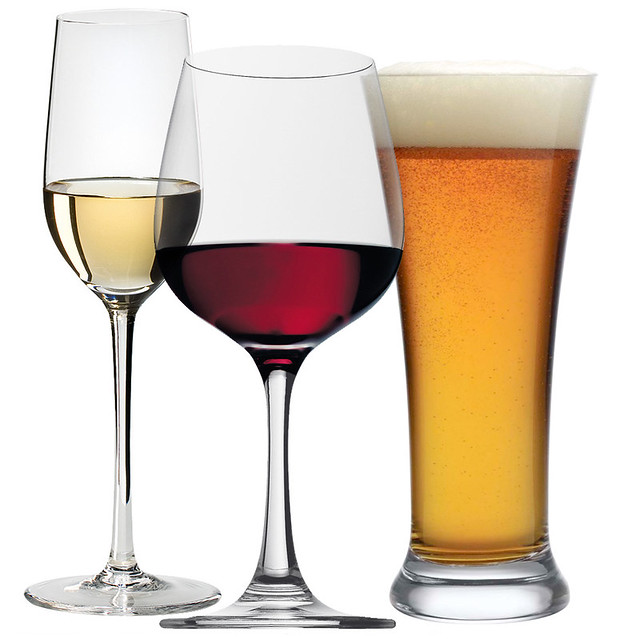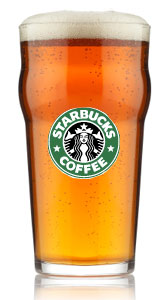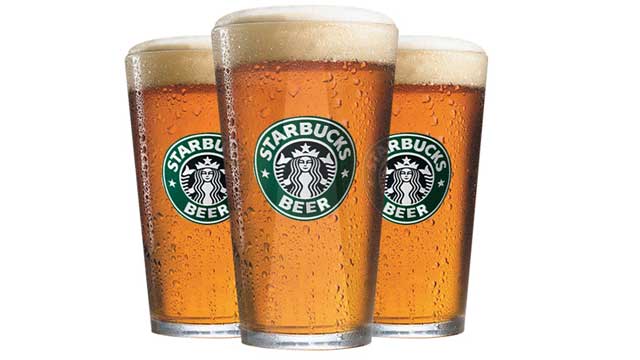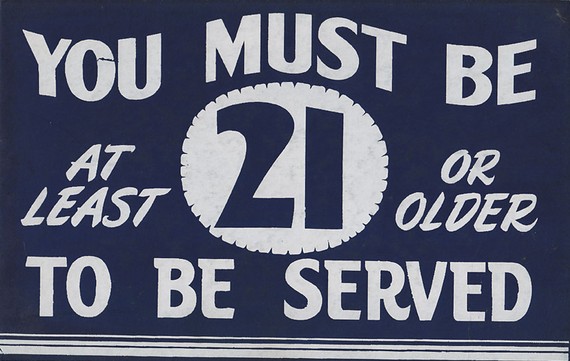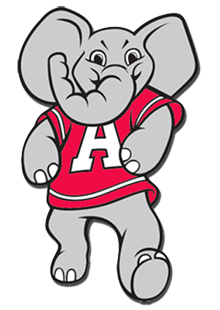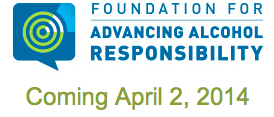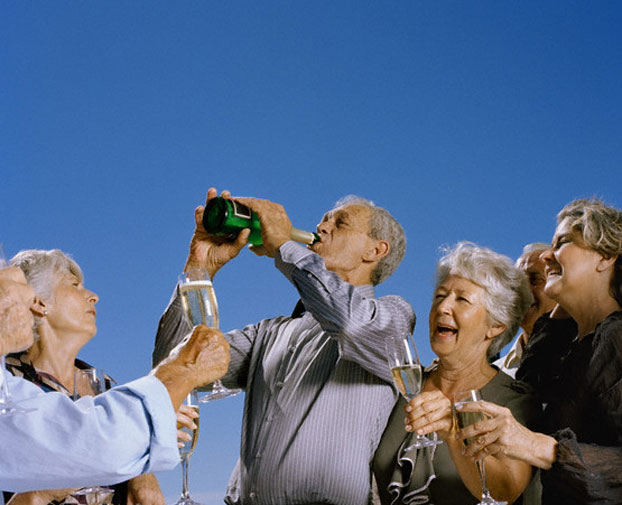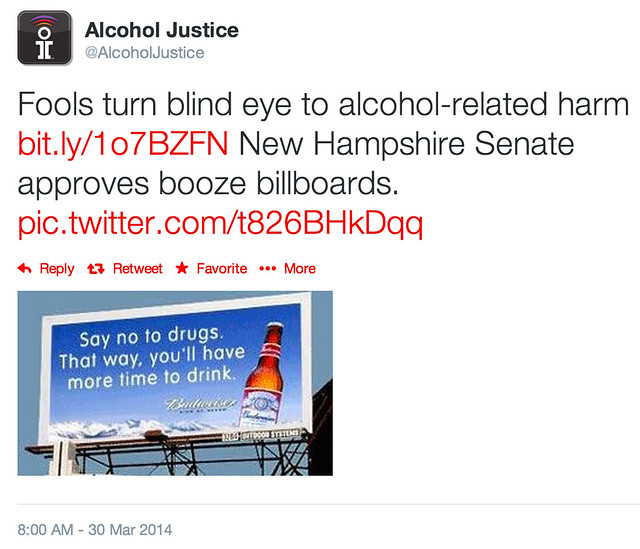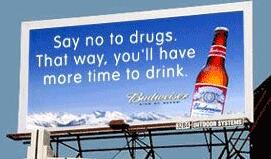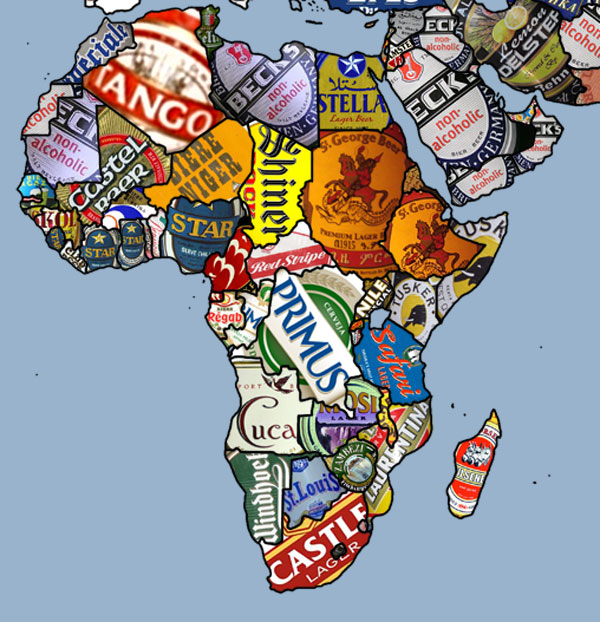
Today is the first day of Men’s Health Week, which is an international effort “to heighten the awareness of preventable health problems and encourage early detection and treatment of disease among men and boys.” In the week leading up to Father’s Day, health organizations around the world celebrate International Men’s Health Week, including our our own CDC.
Rick Lyke’s wonderful Pints for Prostates has been “Reaching Men Through the Universal Language of Beer” since 2008, when Rick launched it after he was “diagnosed and successfully treated for prostate cancer.”
Pints for Prostates is using the occasion of “Men’s Health Week,” and the observance of Father’s Day, to ask people to focus on Dad and how he is taking care of himself. At the events they attend they regularly meet men in high risk groups that still do not know that they need to get tested. In addition to funding their awareness mission, they put donations to work providing free men’s health screenings in partnership with the Prostate Conditions Education Council and they help fund the support groups for men and families fighting prostate cancer through a partnership with the Us TOO International Prostate Cancer Education and Support Network.
Most people do not realize that 1 in 6 men will develop prostate cancer and that this number is 33% higher than the 1 in 8 women who will face breast cancer. Last year we lost 30,000 men in America to a disease that is nearly 100% survivable when detected early and appropriately treated. Every week about 4,500 men in America hear the words “You have prostate cancer.” The nation’s leading prostate cancer organizations urge men to get screened starting at 40 years old, or at 35 if you have a family history of the disease or are African American.
Pints for Prostates is focused on getting men to take charge of their health. Their message to guys is simple:
- Get Tested
- Live Longer
- Drink More Beer
For more details, check out their website at PintsForProstates.com or their Facebook page.
